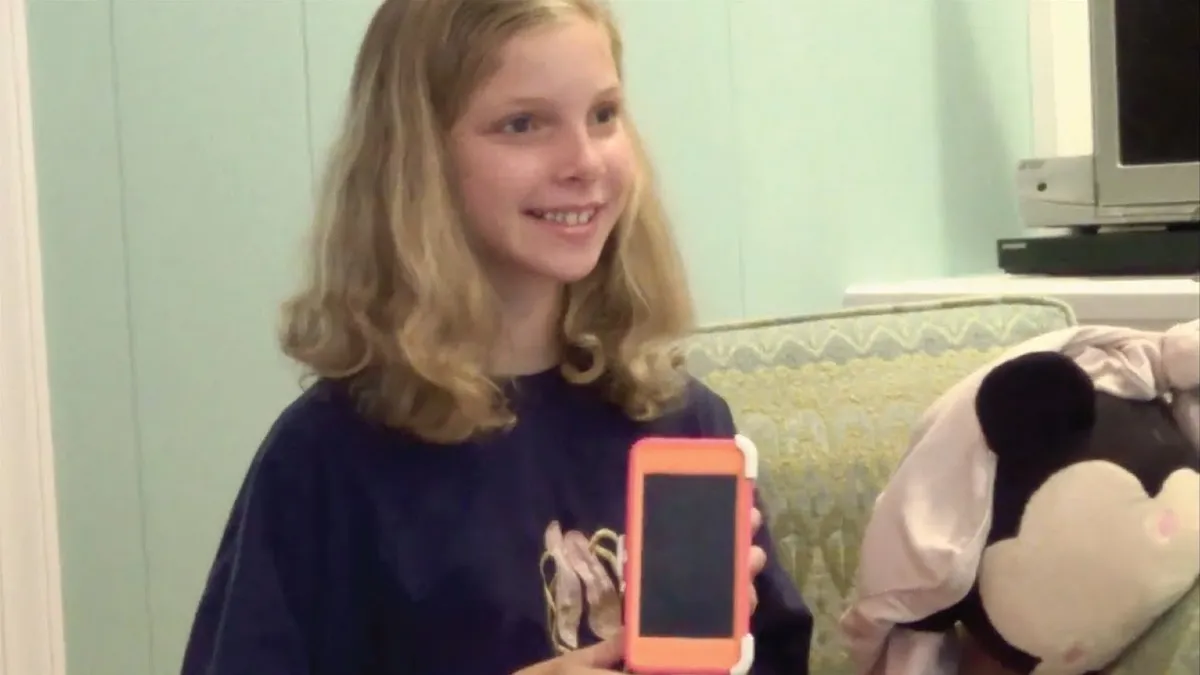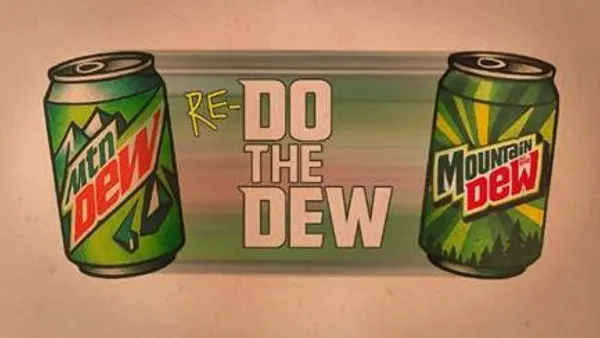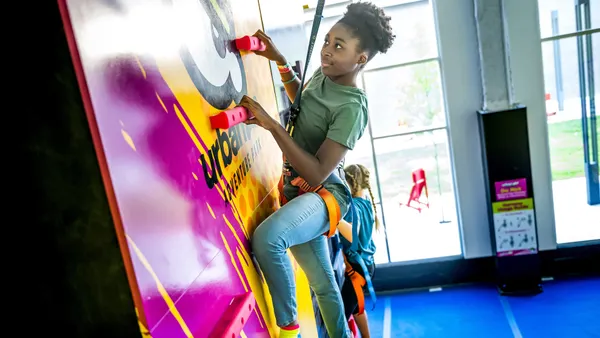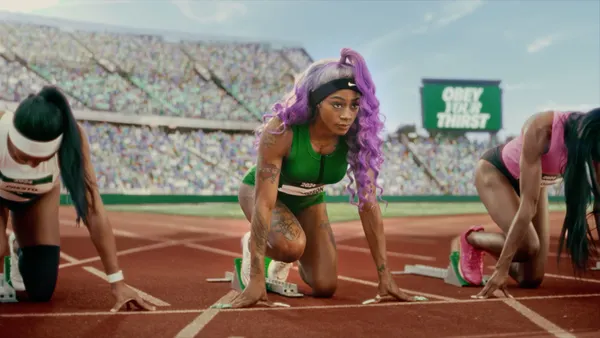Dive Brief:
- The Dove Self-Esteem Project today (April 12) launched the Campaign for Kids Online Safety to address the rise in youth mental health issues linked to social media, according to a press release from the Unilever brand.
- As part of the campaign, the Dove initiative is teaming with musician Lizzo, Common Sense Media and ParentsTogether Action to push for the 2023 Kids Online Safety Act (KOSA) which supports standards, safeguards and tools that protect kids' online experiences and limit their exposure to toxic beauty content.
- To boost its latest purpose-driven efforts to make social media a more positive environment, Dove released a three-minute short film, "Cost of Beauty," that tells the true story of a young person whose mental health has been affected by social media.
Dive Insight:
The latest effort from the long-running Dove Self-Esteem Project looks to move beyond what brands and consumers can do on their own and focuses on legislative action that could help protect kids and young adults from the ill effects that social media can have on mental health.
Central to the new campaign is "Cost of Beauty: A Dove Film," a three-minute film that tells the true story of a young woman, Mary, who developed an eating disorder while being exposed to toxic beauty content on social media. Set to a version of "You Are So Beautiful," the heartstring-tugging video suggests that Mary didn't survive the ordeal before revealing that she is currently in recovery from the eating disorder. The video concludes with several real-life survivors of mental health issues and their parents.
The Campaign for Kids Online Safety is informed by new Dove research that demonstrates the toll social media has on youth mental health, with eight in 10 specialists saying social media is fueling a mental health crisis. Not only do 80% of young people believe people their age are addicted to social media, but more than half say it makes them and their peers feel anxious.
The problem is particularly acute around how social media affects body image issues and related behaviors — the focus of the Dove efforts. Seven in 10 people ages 10-17 have been exposed to social media content that encourages weight loss or body transformation, with more than half of people ages 14-17 exposed to content that encourages restricted eating or disordered eating behaviors.
The main goal of the new campaign, which teams Dove with frequent partner and body-positive musician Lizzo and two advocacy groups, is to advance KOSA, which previously made it out of committee but didn't clear the entire Senate — perhaps due to pressure from Big Tech, as suggested by co-sponsor Sen. Richard Blumenthal, D-Conn. The KOSA bill calls for more transparency of social media apps and algorithms and a duty for social media platforms to prevent and mitigate several harms to minors.
The campaign follows previous Dove efforts including the "Selfie Talk" and #NoDigitalDistortion push, both from 2021. While those efforts utilized Dove's marketing muscle to encourage conversations and consumer actions, the Campaign for Kids Online Safety goes even further.
"While certain aspects of social media can promote creativity and connection for young people, data has shown toxic content online is harming the mental health of today's youth. If there isn't real change, young people will continue to pay with their wellbeing," said Dove CMO Alessandro Manfredi in the press release. "We have a responsibility to act and support a safer environment on social media, helping protect young people's mental health. This means going beyond individual interventions to drive systemic change."













